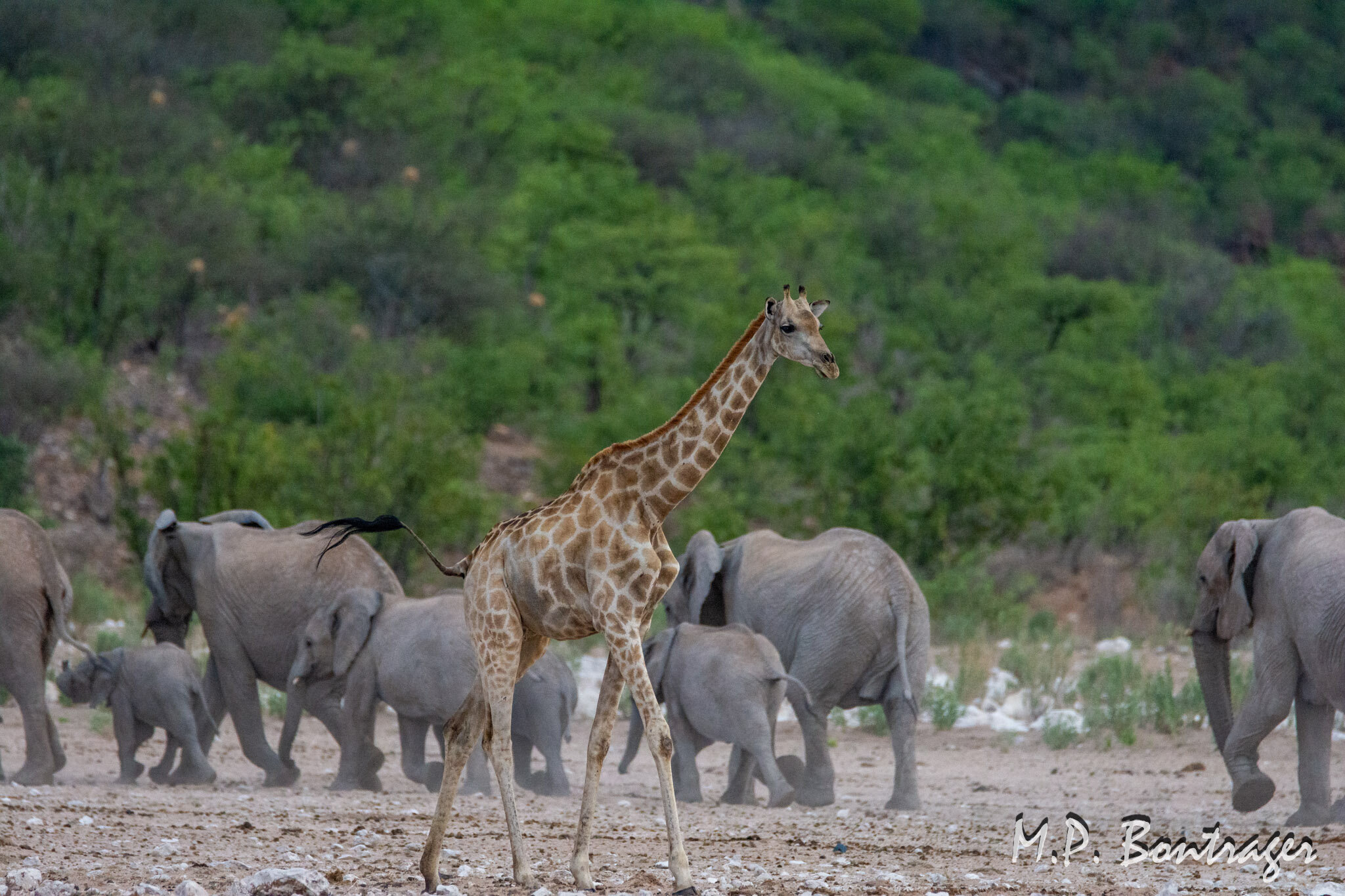The Western Cape of South Africa has been on my radar ever since I owned my herbery - garden shop. Invariably my favorite species to sell originated from South Africa, specifically the Western Cape region. This incredible terrain hosts 3% of the world’s plant species, translating to a mind blowing 1300 species/ 10,000Km. We can thank the 19th century English explorers for putting this region on the naturalist’s world map as wealthy Victorian adventurers clamored throughout the Western Cape harvesting plants for their Queen at home.
Funny how social media has made these far off places suddenly seem so attainable. One day last December I saw a Western Cape gravel grinder promoted on my Insta feed. Suddenly I was transported to pristine mountain passes, cycling through lush valleys with the hot sun on my face. I wistfully mentioned the tour to my husband and he generously signed me up. With only 3 weeks to ready myself I was off to South Africa on my dream vacation.
The tour did not end up being what I expected at all, four words, Corrugations and more Corrugations.
Turns out gravel grinding in South Africa can. be intense. I arrived in Cape Town with my Surly Travelers Check, two days before the tour was to begin, allowing myself a couple of nights to acclimate and build my bike. My B&B hostess gave me a giant bear hug and sent me off with best wishes for the week ahead.
Schedule:
Monday: “Quick” misty evening ride outside of George. A test of our wits perhaps?
Tuesday: George to Oudtshoorn - 70K (approx) - Outeniqua Mountains
This proved to be one of my favorite days. We rode through indigenous forests of the Witfontein Nature Reserve then into mountain fynbos terrain. It was a cloudy, misty day perfect weather for strenuous climbs. Montagu Pass was the climb of the day, here we encountered 4 mountain bikers and 2 vehicles. Blissfully low-key compared to Colorado traffic.
late afternoon in the Klein Karoo
Wednesday: Oudtshoorn to Eagle Falls - 84K (approx) - Klein Karoo
A blazing hot day with a lot of long ascents through farmland. I got swept but after a quick break in the car I hopped back on the saddle to finish the ride. We reached our lodge by climbing 1000 feet from the main road and then braiied with a rainstorm brewing around us.
Thursday: Eagle Falls to Uniondale 70k (at least) Klein Karoo
We cycled through the Holdrif Valley farmland. I remember being very relieved to reach our accommodations located on a very tidy sheep farm.
Friday: Uniondale to Knysna 70k (approx)
Crossed the Langkloof Mountains from the Klein Karoo to the Garden Route. We completed several passes including Prince Alfred’s pass. The descent into Knysna was paved and fast!
Saturday: Knysna to Wilderness 76k Garden Route
We accomplished the Seven Passes Road this day although we were told that we only completed 5 of the 7 passes. I was too hot and tired to go to the beach, which Wilderness is known for.
This was my first time joining an organized bicycle tour and there were some frustrations along the way.
I rode much slower than the men, initially making me feel inadequately prepared but soon enough I realized they were drinking beers while waiting for me to catch up!
The distances and terrain took me by surprise, but isn’t that the best kind of day?
What I learned:
Embrace the unknown once in awhile
Allow yourself to be uncomfortable, these are the conditions in which we find our strength
Grow your health when given the opportunity
Don't worry what others think about your abilities, they are too busy thinking about themselves
Remember the good moments when you feel discouraged.
This tour was a wonderful introduction to a region of the world that has peripherally intrigued me for a long time. Sure I bit off more than I could comfortably chew but I pushed myself harder physically than I have for a long time. Now that I have had a generous taste for what South Africa has to offer I am sure to return.
below are quick links to my photo albums of Kirstenbosch Gardens and Table Mountain NP of this tirp. When can I go back?
An afternoon in Cape Town before the bike tour
An afternoon in Cape Town after the bike tour




























































